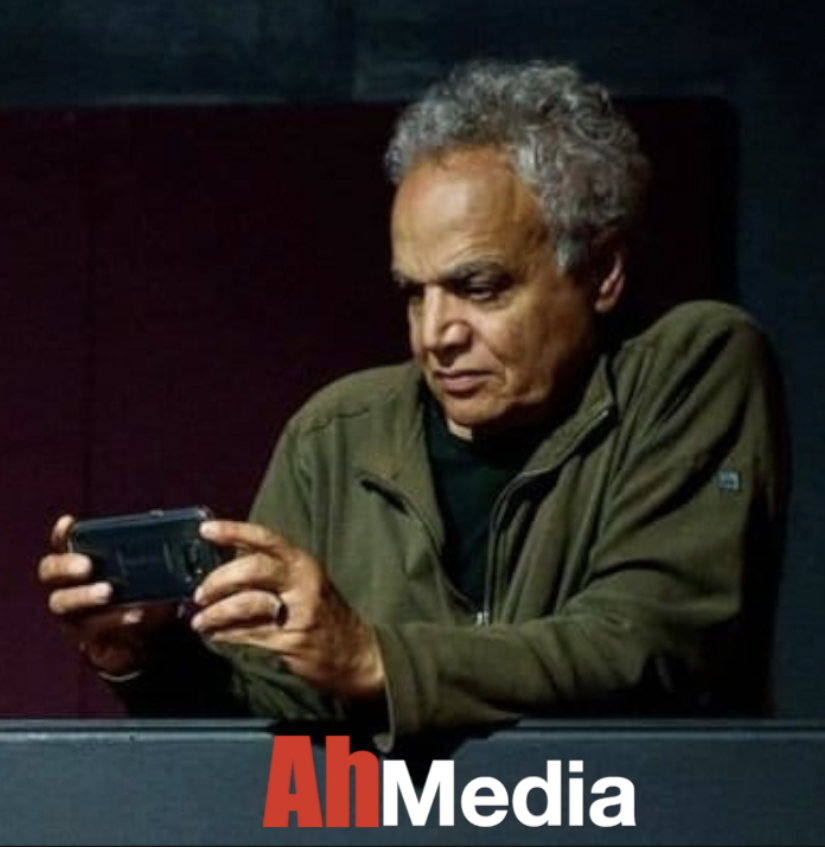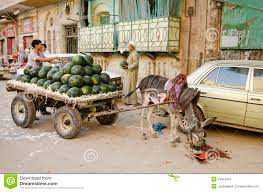The Forbidden Fruit
He was as old as his fruit, enigmatic with uncanny smile and like most of villagers, a reluctant businessman. His desire to be left alone was much greater than his need run his business. You could safely say, he wasn’t from the enterprising village camp. Never seen in public, never seen walking in the street, going or praying at the Mosque. He miraculously avoided weddings and funerals a weekly event in the small village of MeetSwaid. You never know if he was married divorced or has a family. In a place where everyone knows everyone else impossible to do, he was a mysterious figure. Abo Morsi was his name, known to most villagers as “el Fakahany” ,the fruit man. He earns this name from running the village fruit store where men go and chat about women, and women went to shop for offseason fruits since Abu El Moursy didn’t believe in expiration dates or fruit seasons, his fruit was always in a self destructive mood. And no matter how rotten they are, he never threw anything away, Shopping at his store was not an adventure, you always know what is at his disposal regardless of the season, all of his fruit look the same; over ripened, dark and dried with sickly appeal, as the flies calmly resting covering the wrinkled skin. The fragrance of the overly ripened fruit was intoxicating; eating his rotten grapes was the closest thing to drinking wine. If you see someone running out of his story with food, they aren’t shoplifting, they just want to get home before expiration date.
Villagers men visited his store under the cover of the dark, where they can have an adult conversation about women and sex, and enjoy the fermented forbidden fruit. He wasn’t judgmental, never argued with customers accept trades and credits, a fisherman bring fish for mango and a carpenter will fix his broken door for grapes. His store was always dark and you navigate yourself based on the fragrance of the fruit. As youngest we loved to hang around the store, watching women and listen to adult conversation. Abu Morsi store was our outlet to adolescent and adulthood, first sexual jokes and first imaginary kiss probable took place at hos store. In the hunting and gathering era, youngster need to go out and come home with first kill, at Abu Morsi era we reach our purity by getting back with first sexual joke or first kiss!
Ahmed Tharwat 1/18/2012


